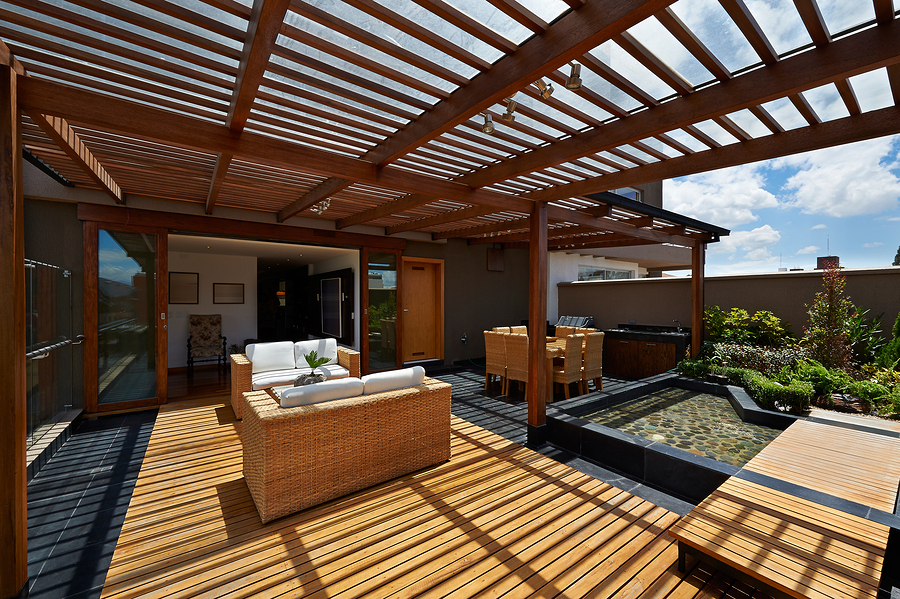
Do you have two homes? If you do, you may use one as your primary address for items such as tax reporting and voter’s registration—and the second as merely a vacation home. However, treating your vacation property as your main home can be done for a number of both financial and non-financial reasons. So what should you do? Giving thought to the long-term effects of this decision often helps you determine the best solution.
Here are four reasons why you may want to consider your second home a primary residence.
1. You Live There Most of the Time
If you find yourself spending a greater percentage of time at your second home, you may want to consider your second home your primary home. That said, if you choose to claim your vacation home as a primary home for tax purposes, you’ll need tangible proof of residency. Typically, your main home will be listed as the address on your driver’s license. It’ll also be where you receive most of your mail. In Publication 523, the IRS also suggests having your main home be near your bank, your work, etc.
2. You Want to Live There Full Time in the Future
If you plan to retire and live in your second home year-round, you may want to make it your primary residence. Keep this idea in mind when spending home improvement dollars. You may wish to invest in your second home instead of fixing up your current home. If both your primary residence and your vacation home could benefit from kitchen upgrades, why not spend the money on the home you plan to live in after retirement?
3. Differences in State Taxes
Differences in state income and property taxes may make it more beneficial to make your vacation home your primary residence. Most states charge residents a combination of sales tax, income tax, and property taxes. Depending on your income and the value of your home, a change in primary residence may be worth considering. However, you’ll need to establish residence in the new state, which can be a complex process.
4. You Plan to Sell the Home
If you plan to sell your second home, you may want to research the taxable exclusion of $250,000 ($500,000 if married filing jointly) in gains from sales of primary residences. To qualify for this exclusion, you would need to treat your vacation home as a primary residence for at least two of the last five years prior to selling. However, if you did not treat your second home as a primary residence for any time after 2008, the gain will be reduced based on a pro rata amount. Your tax advisor can help you determine if you qualify for this exclusion.
If you believe that treating your vacation home as a primary residence would be a beneficial decision for you, consult an attorney or tax advisor. These professionals can assist you with the proper tax reporting. They’ll also make sure you are properly qualified as a resident in the state where your second home is located.
[skyword_tracking]







